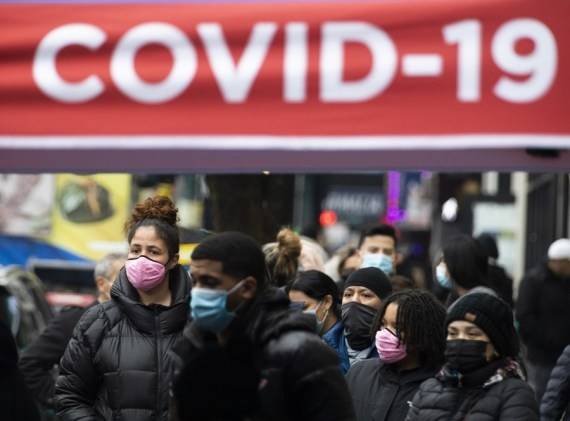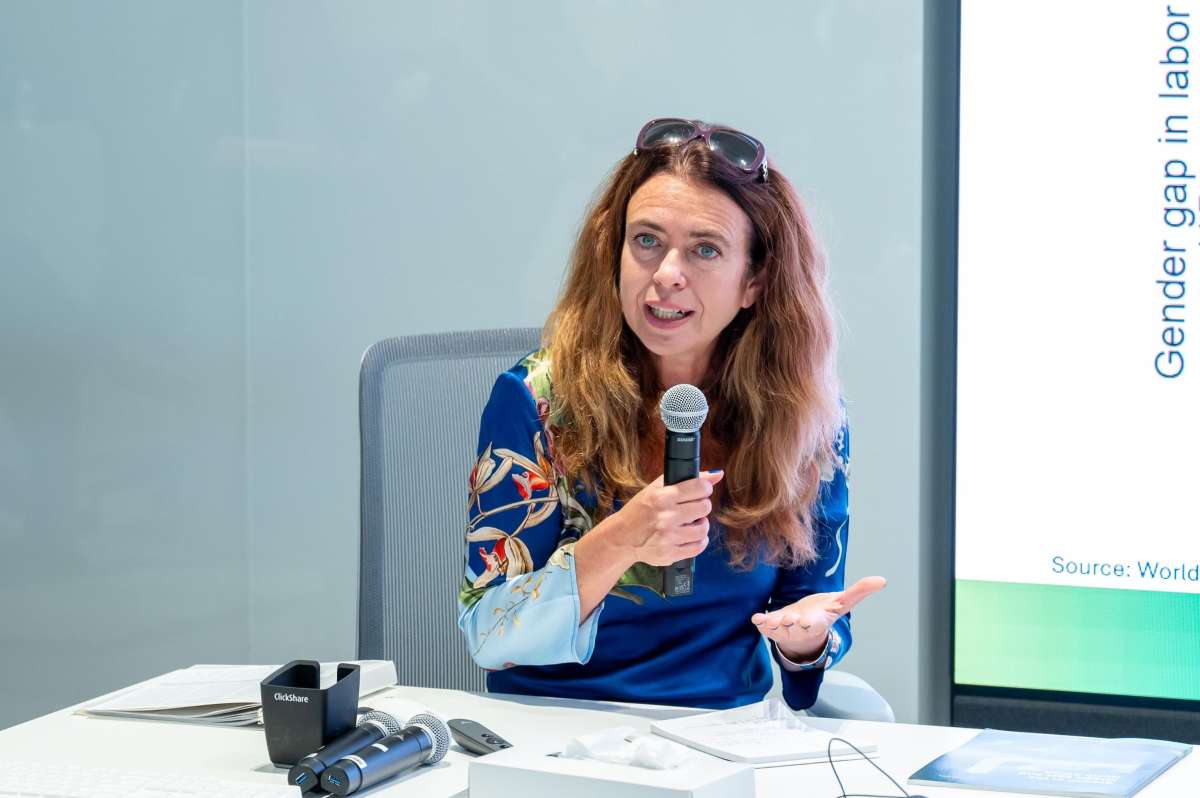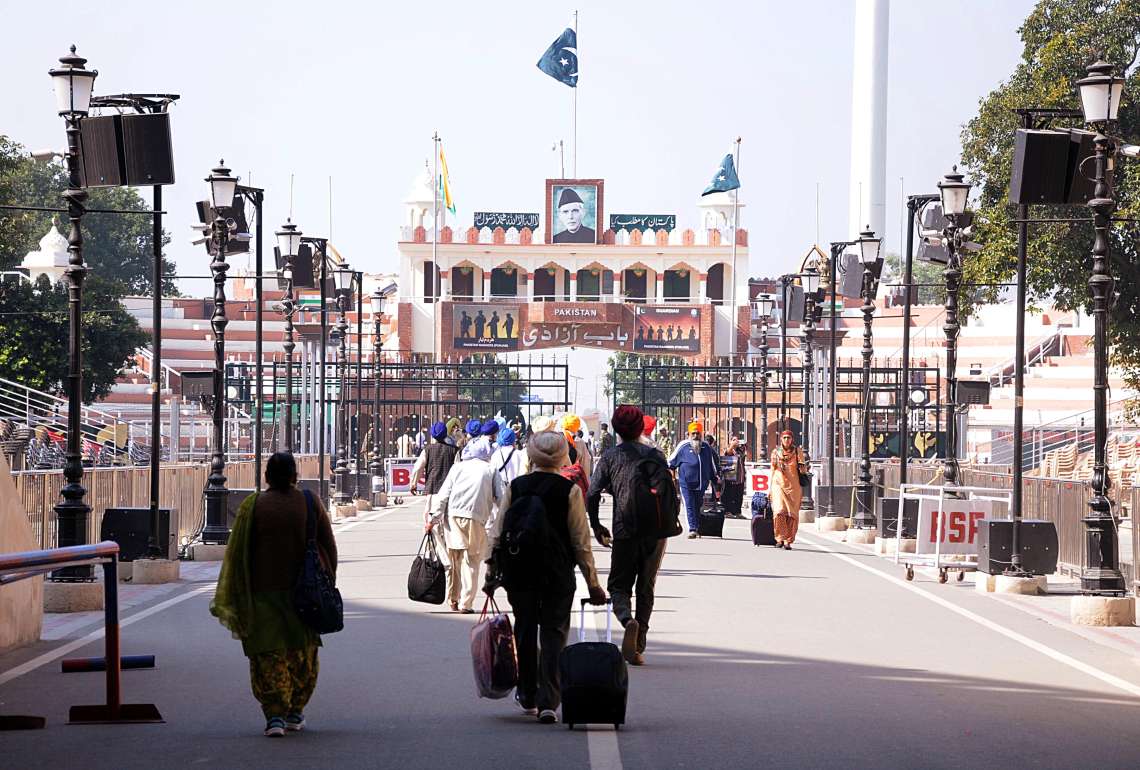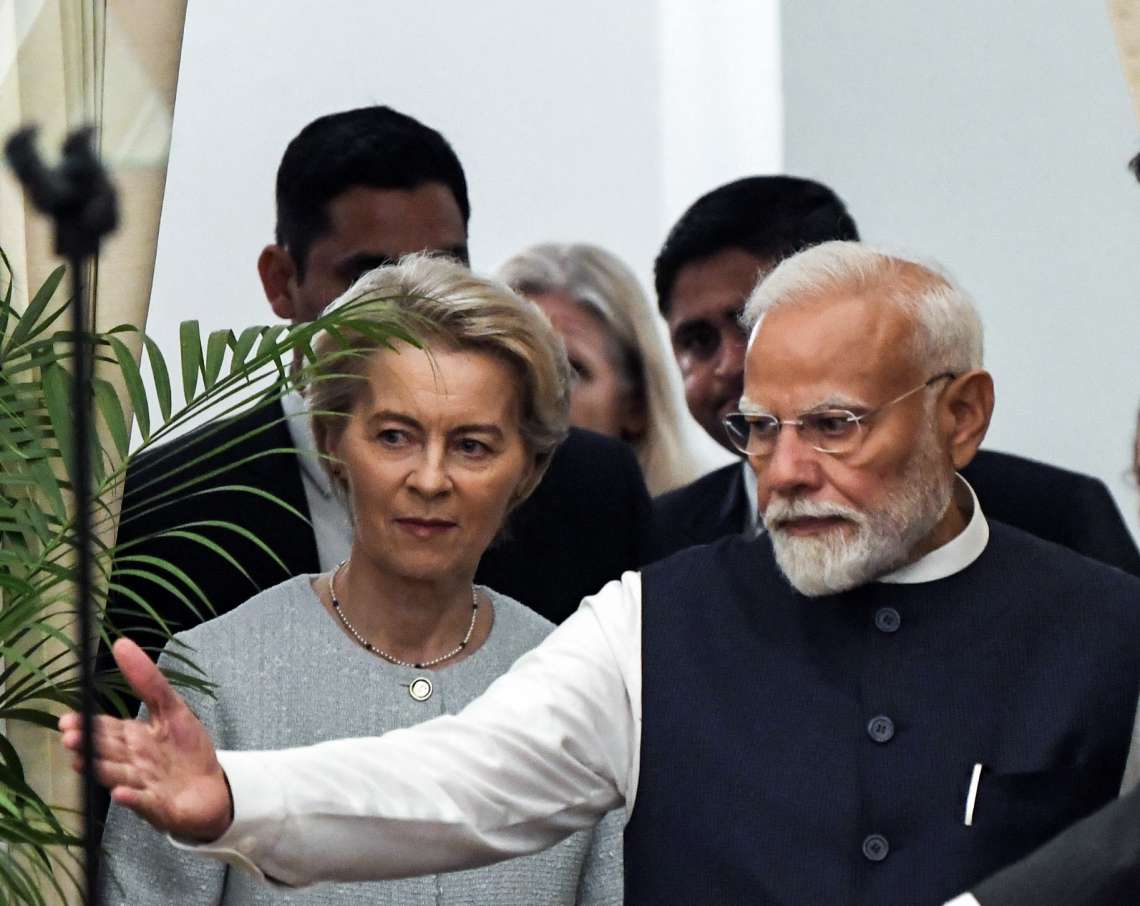The report also noted that the Covid-19 pandemic has raised global income inequality, partly reversing the decline that was achieved over the previous two decades,…reports Asian Lite News
The global economy is on track to grow by 4.1 per cent in 2022, down 0.2 percentage point from a previous projection, the World Bank Group said in its latest Global Economic Prospects release.
“The global recovery is set to decelerate markedly amid continued Covid-19 flare-ups, diminished policy support, and lingering supply bottlenecks,” the semiannual report added on Tuesday.
The global outlook is “clouded by various downside risks,” including renewed Covid-19 outbreaks due to new virus variants, the possibility of unanchored inflation expectations, and financial stress in a context of record-high debt levels, according to the report.
After rebounding to an estimated 5.5 per cent in 2021, global growth is expected to decelerate markedly to 4.1 per cent in 2022, the report noted. The latest projection for 2021 and 2022 is 0.2 percentage point lower than the June forecast, respectively.

The report also noted that the Covid-19 pandemic has raised global income inequality, partly reversing the decline that was achieved over the previous two decades, Xinhua news agency reported.
By 2023, annual output is expected to remain below the pre-pandemic trend in all emerging market and developing economy (EMDE) regions, in contrast to advanced economies, where the gap is projected to close.
Preliminary evidence suggests that the pandemic has also caused within-country income inequality to rise somewhat in EMDEs because of particularly severe job and income losses among lower-income population groups, according to the report.
“The world economy is simultaneously facing Covid-19, inflation, and policy uncertainty, with government spending and monetary policies in uncharted territory,” said World Bank Group President David Malpass.
Noting that rising inequality and security challenges are “particularly harmful” for developing countries, Malpass added that putting more countries on a favourable growth path requires concerted international action and a comprehensive set of national policy responses.













